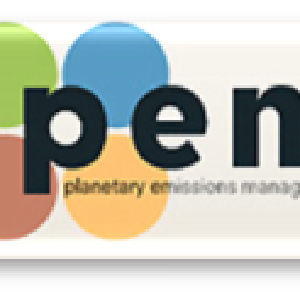
Game-Changer Direct Measure of GHG Emissions Take Tamale Ghana to Zero Carbon by Game-Changers-Ghana
Pitch
Testing the Paris Agreement with ecological, economic & social mechanisms to "zero-out" emissions in future model city: Tamale Ghana
Description
Summary
“Game-Changers in 1st Zero-Carbon City in Africa: Tamale, Ghana” has a novel, game-changing 14CO2 measurement technology, Ghanaian and international team members, potential financing, specific economic, environmental and humanitarian actions plus an extensive social network in place. Our proposal tests implementation of the 2015 U.N. Paris Agreement’s articles, that while articulated in the agreement are vague, to build detailed strategies for how countries and the world can deal with climate change. We propose a pilot program for greenhouse gas (GHG) measurement and emissions reduction across Tamale and the surrounding area based on direct monitoring verification and accounting (MVA) for fossil fuel CO2 (ff-CO2) employing novel field-ready analyzers. The CO2 field analyses (e.g., 12,13,14CO2), related GHG analyses (e.g., CH4, N2O) and emissions management will enable a 1st zero-carbon city, Tamale, Ghana, which is among the fastest growing cities in West Africa. The project time frame is 30 years to capture weekly, monthly and yearly trends. A social media platform linking stakeholders will be developed with and by Ghanaian end-users who will receive real-time data about their environment. Reducing emissions based on real-time GHG analysis and management actions within Tamale and environs will include: renewable energy expansion, water and waste management, increasing carbon sequestration strength through restoration of native vegetation and developing carbon-neutral farming practices to provide high-quality nutrition for the area. Tamale will be a model for African cities and show how low-income cities can develop and prosper in the 21st century to the benefit of present and future generations. The mechanisms, their counterparts in the Paris Agreement and a project architecture based on a virtuous cycle are detailed below. Our first step in reaching individuals is to socialize the concept of fossil fuel CO2 and the carbon cycle (Fig.1; www.pemforest.com).
